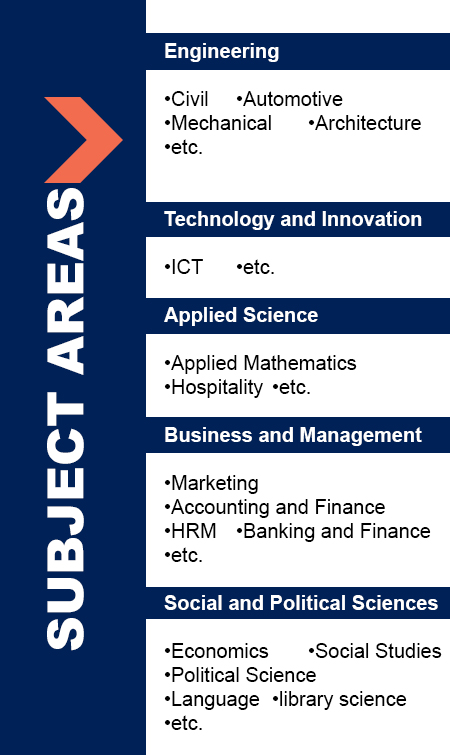Credibility of Organizational Research: A Philosophical Asymmetry in Practice and Conceptualization
DOI:
https://doi.org/10.47127/ijtmr.v7i1.149Keywords:
organizational research, credibility, academic enterprise, research methods, research philosophyAbstract
The review study was based on understanding the traditional role of organizational research in its evolution and
the intended improvement in organizational performance. The review expands on empirical provocative article
on publication bias in medical journals which concluded that most in most research designs the research
findings are false. This is a serious threat to cumulative knowledge development and is injurious to the academic
enterprise. Organizational research is seemingly contaminated by a widely shared prescription for research to
be ‘interesting’ while eliminating philosophical quality. This contributes to the mismatch between the objectives
of the research and organizational practices. The field of organizational research is experiencing disruptive
trends since it is the meeting point for numerous disciplines. Organizational research should strive to be
informed by responsible research than to focus on being merely ‘interesting’. This requires paying attention to
the research paradigm components: ontology, epistemology, methodology, and methods to resolve the
credibility challenge. The study provided a basis for harmonizing philosophical and organizational research to
close the discovered gaps. Addressing the credibility dilemma in organizational research is crucial to igniting
transformation conversations; maintaining public confidence, and guarding the authority of those in academics.
The scientific claims of organizational research should be beyond reproach. This article advocates for the need
to shun the current over-reliance on formulaic conformity, instrumental research, and a partisan approach to
research.








